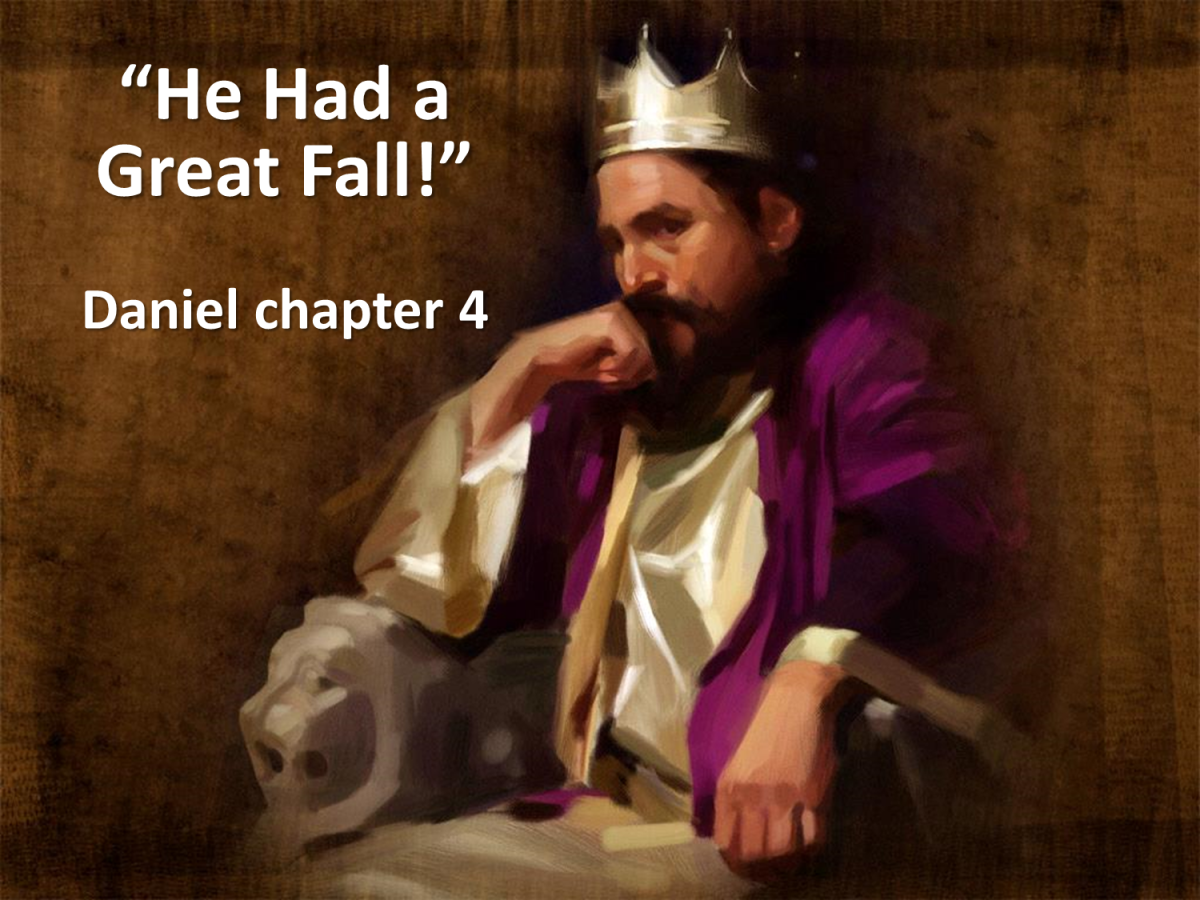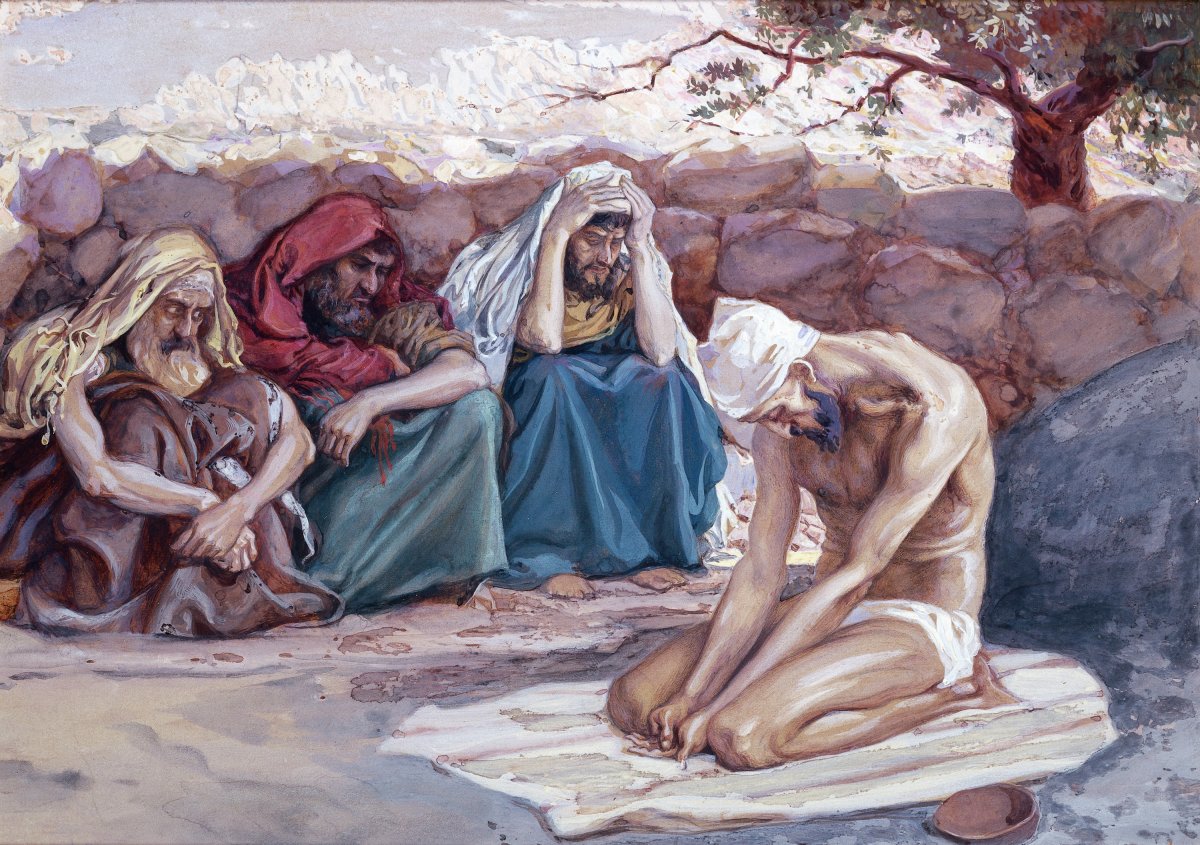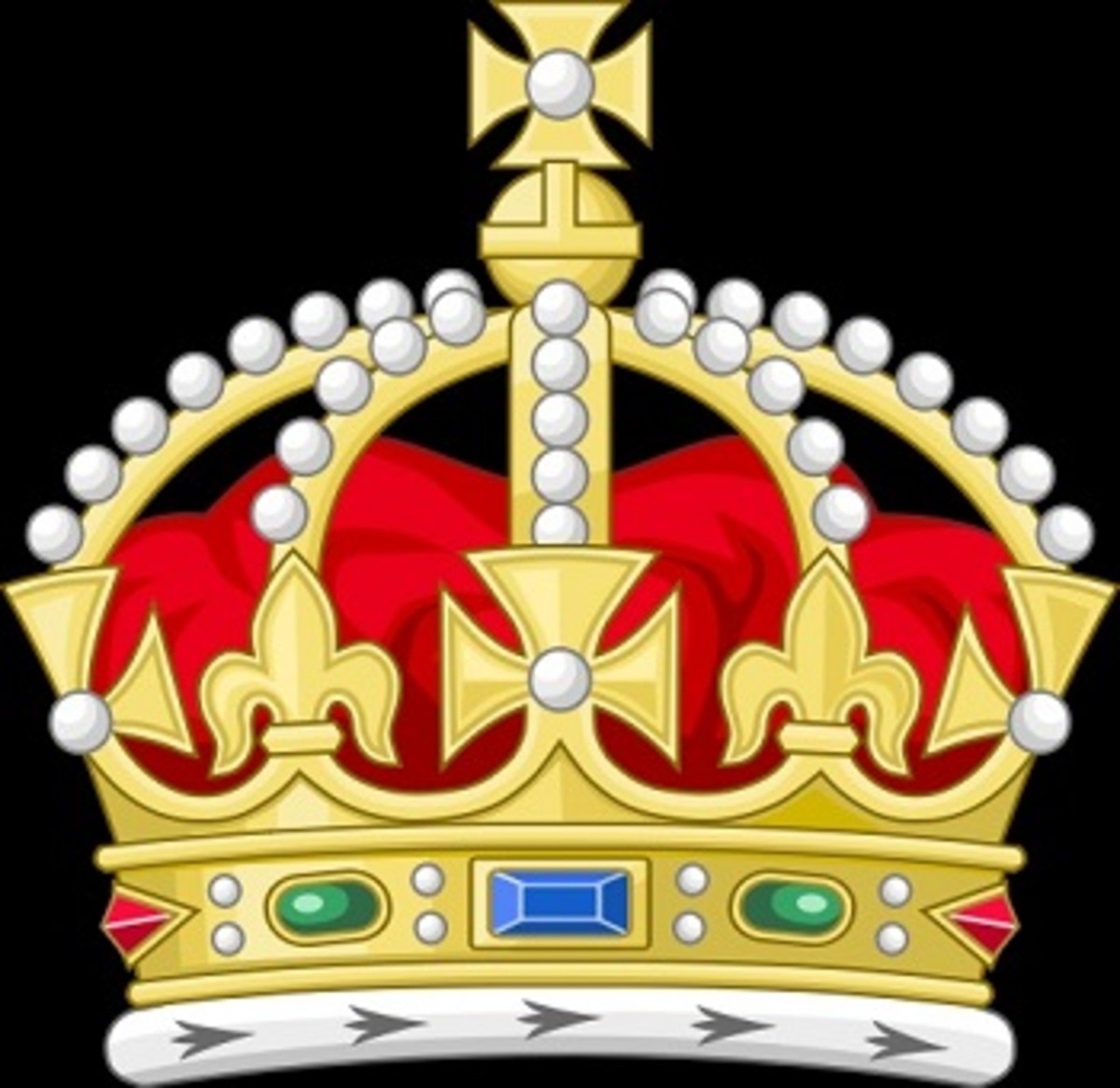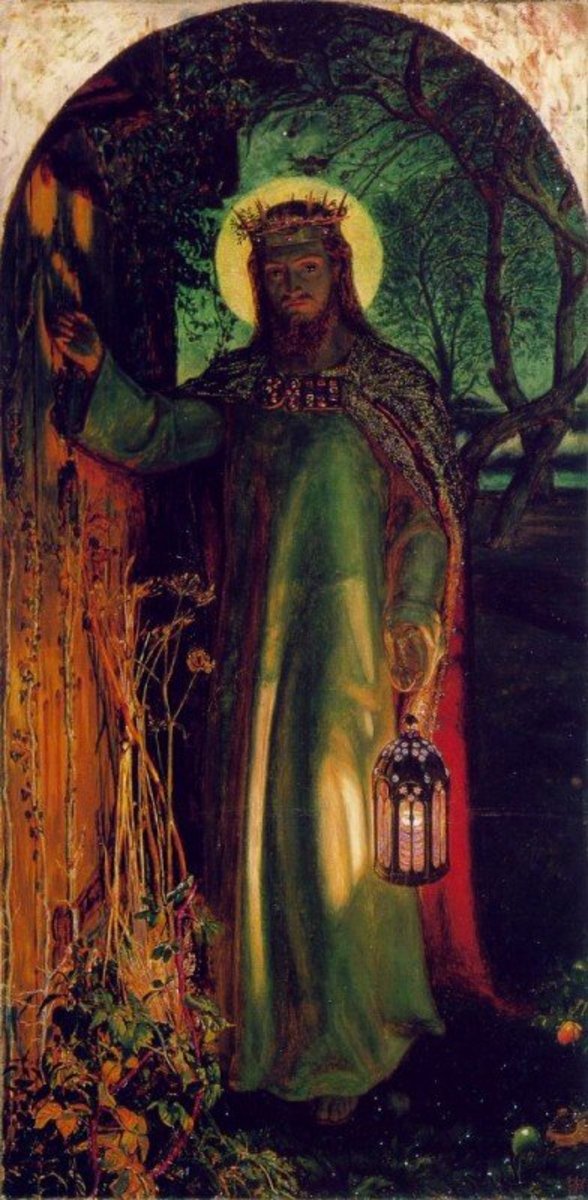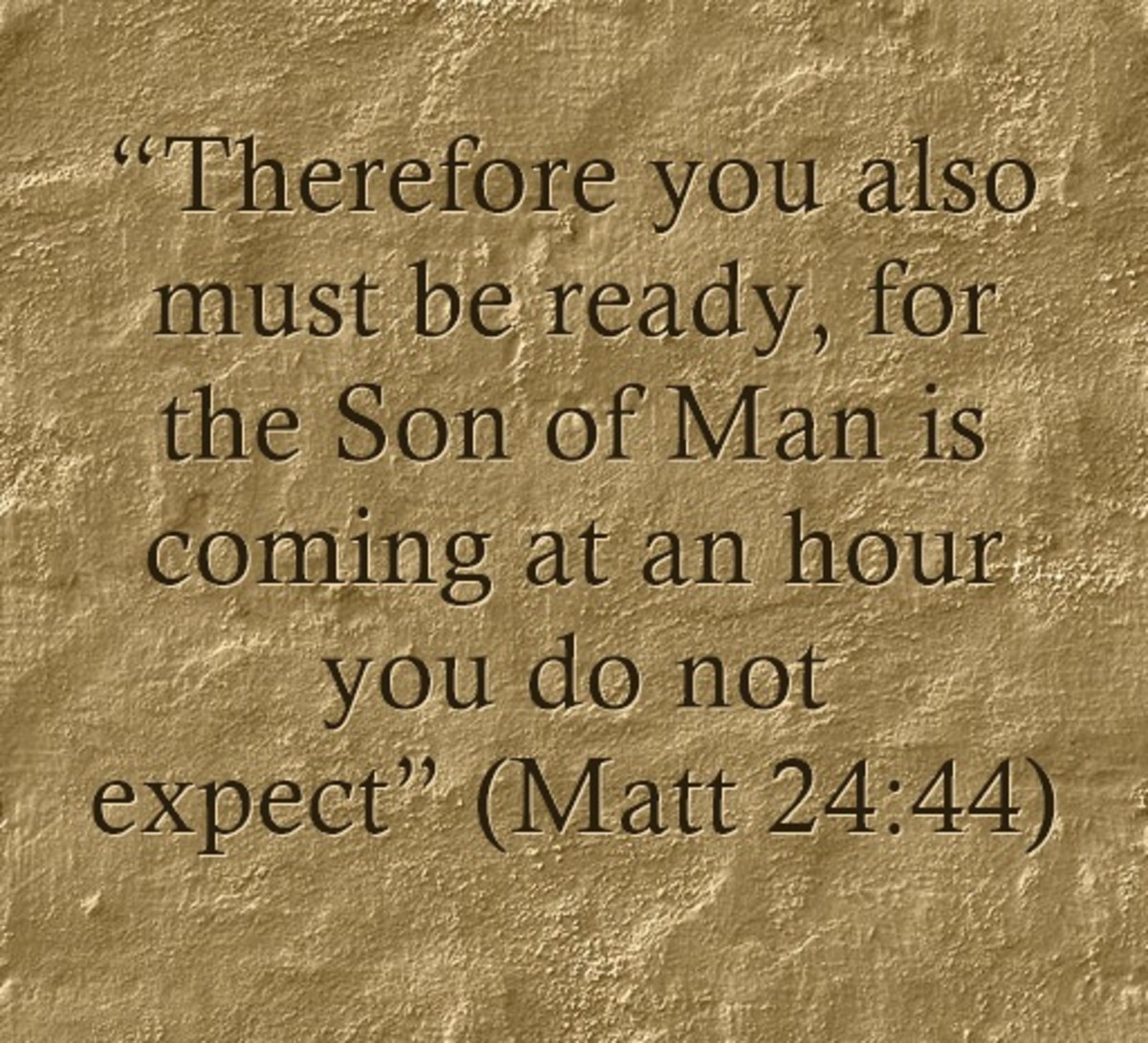What You Should Know About the Devil

Due to a lot of misinformation going around, many people have been given a false idea as to who the Devil is; a once beautiful angel who fell from Heaven and became the bat-winged, red skinned, goat-horned, pitchfork carrying angel with cloven hooves for feet that rules a realm full of fire and brimstone. And with the growing popularity of the TV show Lucifer that is based on all of these doctrines, we must ask ourselves; Are this true?
- The Image
- Ruling Over the Realm of the Damned
- Selling Your Soul
- The Meaning of the Word Satan
- Lucifer (Isaiah 14 12-14, Luke 10 18, Revelation 12 7-9, and Ezekiel 28 13-14.)
The Image
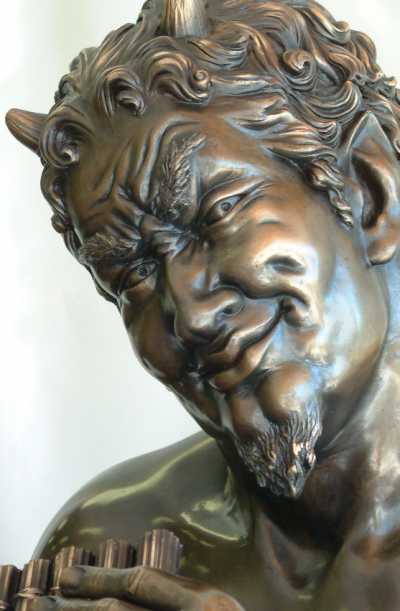
Nowhere in the scripture can you find the image of the Devil, especially not one like this. The modern-day image we see today is the result of pagan influences. Cloven hooves, horns, tail, shaggy legs, and pointed beard - These are the attributes of fauns or satyrs from Greco-Roman mythology and has also been rumored to have come from neo-paganism. We also get the idea of him carrying a pitchfork from Pluto/Hades, who carried one. The red and black colors are generally associated with evil things, so it came naturally. And we get the bat wings from medieval bestiaries. How ironic that we use an inspired image of the Devil from paganism, a set of religions against God.
Some use Revelations 12 3-4 to say that he does look like this since it says he is a red dragon with a tail. Revelations is symbolic. It also says he has seven heads and ten horns yet we do not see that image so often.
Daniel 7:24
[24]And the ten horns out of this kingdom are ten kings that shall arise: and another shall rise after them; and he shall be diverse from the first, and he shall subdue three kings.
We can see the symbolism put forth.
Ruling Over the Realm of the Damned
Nowhere in scripture do we see that he is given dominion over any realm of the afterlife. He is given dominion over the Earth because a majority of the planet serves him in some way. This idea came from a poem written by Dante Alighieri between 1308 and 1321 called The Divine Comedy, or as some people would know as today as the video game inspired by it, Dante's Inferno. The poem is a mixture of the Bible, Roman Catholicism, mythology, and medieval tradition, which is entertained in some sects of Christianity. It also takes inspiration from Paradise Lost, n epic poem in blank verse by the 17th-century English poet John Milton that coins the famous phrase;
Better to reign in Hell than serve in Heaven.
Selling Your Soul
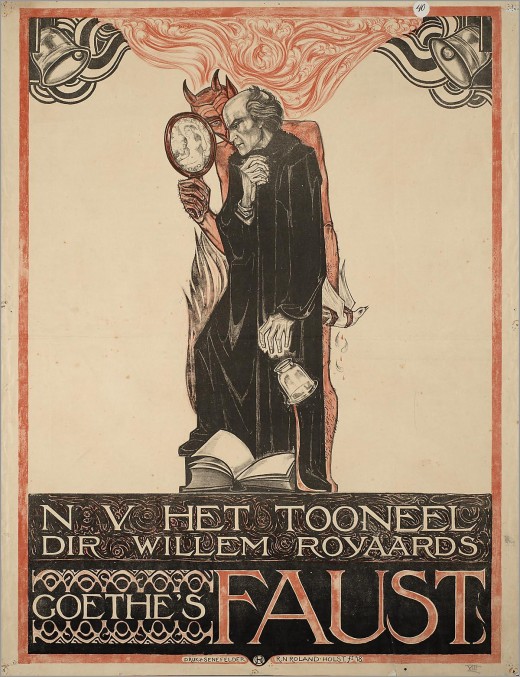
The scripture has no instance of a person “selling their soul” to the Devil. Now there are instances of them worshiping him, but there is a difference between devoting yourself to him and then selling it. Selling it implies that he gives you something in return and that you cannot get it back. It does not work that way. This comes from the story of Faust. Dr. Faustus, a man makes a deal with the devil: in exchange for his body and soul, the man is to receive supernatural power and pleasures for 24 years. The devil agrees to the trade, and Dr. Faustus enjoys the pleasures of sin for a season, but his doom is sealed. At the end of 24 years, Faustus attempts to thwart the devil’s plans, but he meets a frightful demise, nonetheless.
Lucifer (Isaiah 14 12-14, Luke 10 18, Revelation 12 7-9, and Ezekiel 28 13-14.)
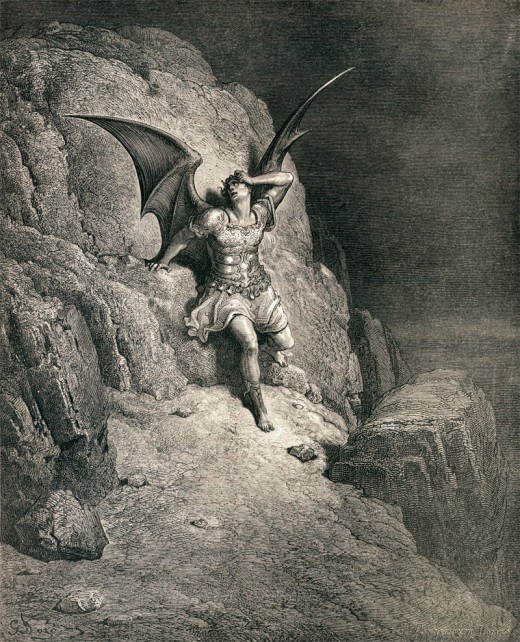
12 How art thou fallen from heaven, O Lucifer, son of the morning! how art thou cut down to the ground, which didst weaken the nations!
13 For thou hast said in thine heart, I will ascend into heaven, I will exalt my throne above the stars of God: I will sit also upon the mount of the congregation, in the sides of the north:
14 I will ascend above the heights of the clouds; I will be like the Most High.
— Isaiah 14 12-14Source: Lucifer King of Babylon
Many misinterpret this and think that Lucifer was the highest angel who then became prideful and rebelled, resulting in him being cast down. But I want you to notice something. Isaiah 14 isn't dealing with celestial angels. It is about a prophecy regarding the children of Jacob.
Now go back to Isaiah 14 12, but let's read until verse 16. Notice how in 16 it says,
is this the MAN that made the earth to tremble, that did shake kingdoms;.
Why would they be calling Lucifer a man if he is a spirit? Why didn't they call him an angel? Because Lucifer is basically a name used by the ruler of Babylon, not the name of a spiritual being.
Translations such as the N.I.V., as well as other modern versions, have set out the text of Isaiah chapters 13-23 as a series of judgments on the nations such as Tyre and Egypt. When we read Isaiah 14: 4, the context of the verses shows that this passage is in reference to Babylon: “Thou shalt take up this proverb (parable) against the king of Babylon...” (Isaiah 14 4).
Lucifer was a man, a king. In fact, he was not even called Lucifer. This is a Latin word that was inserted, which means ‘morning star.’ The word Lucifer occurs only four times in the Vulgate: Isa 14:12, Job 11:17, Job 38:32, and 2 Peter 1:19. In Job 11:17, the KJV renders the Hebrew word בקר as ‘morning’:
The original word in Isaiah 14 12 is helel, which we will go into in a moment. In verses 9-10 we see that when he falls, the kings of the other nations shall say, "Have you become as weak as us?" Meaning that Babylon's king, who was considered the superpower of the time, would be no better than his neighboring kings.
How art thou fallen from heaven, O Lucifer, son of the morning!—The word for Lucifer is, literally, the shining one, the planet Venus, the morning star, the son of the dawn, as the symbol of the Babylonian power, which was so closely identified with astrolatry. “Lucifer” etymologically gives the same meaning, and is used by Latin poets (Tibull. i., 10, 62) for Venus, as an equivalent for the phôsphoros of the Greeks.
— Ellicott's Commentary for English ReadersThe use of the word, however, in mediæval Latin as a name of Satan, whose fall was supposed to be shadowed forth in this and the following verse, makes its selection here singularly unfortunate. Few English readers realise the fact that it is the king of Babylon, and not the devil, who is addressed as Lucifer. While this has been the history of the Latin word, its Greek and English equivalents have risen to a higher place, and the “morning star” has become a name of the Christ (Revelation 22:16)
The reason why the King of Babylon is described as "the morning star" is because the Babylonians believed that their king was the child of their gods Bel and Ishtar, both of whom were associated with the planets- they thought that their King was the planet, Venus.
The passage about "Lucifer" is referencing a Babylonian myth. Heylel, the morning star (Venus), tried to climb the walls of the northern city of the gods to make himself king of heaven, only to be driven from the sky by the rising sun. In Isaiah 14:12-20, this myth is given a historical application. Isaiah is mocking the myth, and saying that the King of Babylon was acting like Heylel in the myth- but would be thrown down not by another planet, but by the Almighty himself.
They also use Luke 10 18 and Revelation 12 7-9 to say that this is proof that Lucifer and the Devil are the same things. But here we see no reference to him being called Lucifer and context shows this as a separate event from Isaiah 14. I hope to do a lesson on the symbolism in this passage someday, but all I will say is that Isaiah 14 about ancient Babylon and Revelations is about a prophecy happening after that. And not once do we see this "Devil, and Satan" called by the name of Lucifer. It was symbolic for the falling of the adversaries at that time. Similar expressions are used about the demise of the king of Babylon in Lamentations 2:1 and Jeremiah 51:53 in regards to Israel and ancient Babylon.
If these passages refer to Lucifer being a fallen angel;
- Why do we not see this in the book of Genesis? That would be the book to tell us about this since it would have happened during that time period.
- Why do they use proper nouns rather than nouns? Isaiah 14 and Ezekiel 28 are in reference to the rulers of Babylon and Tyre.
- Why are those two chapters talking about the fall of Satan from Heaven in a strange context? One refers to the destruction of Babylon and the other one refers to the judgment of Tyre and Sidon. Out of nowhere, the prophets start talking about the fall of Satan. If this is the case, how come we do not see anyone else doing this? And why do they only do it once?
13 Thou hast been in Eden the garden of God; every precious stone was thy covering, the sardius, topaz, and the diamond, the beryl, the onyx, and the jasper, the sapphire, the emerald, and the carbuncle, and gold: the workmanship of thy tabrets and of thy pipes was prepared in thee in the day that thou wast created.
14 Thou art the anointed cherub that covereth; and I have set thee so: thou wast upon the holy mountain of God; thou hast walked up and down in the midst of the stones of fire.
— Ezekiel 28:13-14I can understand why someone would misunderstand this, especially with the previous verse in mind. It says the one being addressed here was a cherub in Eden. But we need to read this within context. Before we find out why he is being called a cherub in Eden, we must see who is being addressed according to the scripture and see some other features he has.
1 The word of the Lord came again unto me, saying,
2 Son of man, say unto the prince of Tyrus, Thus saith the Lord God; Because thine heart is lifted up, and thou hast said, I am a God, I sit in the seat of God, in the midst of the seas; yet thou art a man, and not God, though thou set thine heart as the heart of God:
— Ezekiel 28 1-2It says that the one this prophecy is against is the king of Tyrus, also known as Tyre. This king things he is a divine figure, but what will he be seen as? A man. We see multiple prophecies here that show how he shall fall.
3 Behold, thou art wiser than Daniel; there is no secret that they can hide from thee:
4 With thy wisdom and with thine understanding thou hast gotten thee riches, and hast gotten gold and silver into thy treasures:
5 By thy great wisdom and by thy traffick hast thou increased thy riches, and thine heart is lifted up because of thy riches:
— Ezekiel 28 3-5Here we see the features of a ruler being applied to him. He is a wise and rich ruler in his kingdom. What shall happen to him?
6 Therefore thus saith the Lord God; Because thou hast set thine heart as the heart of God;
7 Behold, therefore I will bring strangers upon thee, the terrible of the nations: and they shall draw their swords against the beauty of thy wisdom, and they shall defile thy brightness.
— Ezekiel 28 6-7It says that nations shall rise against him. We see no reference to Michael binding him like we see him binding Satan in Revelation, so these are not cross-references. We must remember that Tyre was not an enemy of Israel. They were quite friendly with Israel. In the scripture, we see a covenant being formed with Tyre by David (2 Sam. 5:11; 1 Kings 5:1,6,7,10), and it was still carried out by Solomon (1 Kings 5:12,17,18). But evidently this went wrong. Amos 1 9 says they helped deliver Israel to Edom, transgressing their covenant with them.
Now that we see these verses, we still have to ask ourselves, why is the king of Tyre, a mortal man, being described as a cherub in Eden? Source: 5-6 The Anointed Cherub
We must first notice that nowhere in this chapter do we see the words devil or Lucifer. If this were his original name, why is it not being shown here in what would be his origin story? Also notice that it says he was cast out of Eden due to sin, not out of Heaven. Nowhere in this chapter do we see an angel being cast out of Heaven.
- "Thou hast been in Eden', refers to where the king of Tyre was in place, not in time. Pharaoh and Assyria are similarly described as being a “cedar in Lebanon”, no “tree in the garden of God was like unto him in his beauty...all the trees of Eden envied him...yet shalt thou be brought down with the trees of Eden unto the nether parts of the earth: thou shalt lie in the midst of the uncircumcised” (Ez. 31:2,3,8,9,16,18). Thus "You have been in Eden" has some similarities with the words used by Ezekiel about Egypt in Ez. 31. Egypt is described in language which recalls the trees in the garden of Eden, watered by many waters- and then cut down. In the same way as the Garden of Eden was ended, so would Egypt be."
- ‘Thou art the anointed cherub that covereth’ (v. 14). The cherubim were figures of beaten gold at either end of the mercy seat (Ex. 37: 7-9). Their wings overshadowed the mercy seat with which they were of one piece (Ex. 25:19-20). Although the translation of the Hebrew is uncertain (accepting the A.V.), the suggestion may be that Tyre as a great mercantile power was privileged to cast its ‘wings’ over Israel. It was the abuse of this exalted position that was a factor in the ruin of Tyre (vs. 4-5).
There also seems to be a parallel between the king of Tyre's fall and Adam's fall. There is a lot of symbolism in this chapter that must be taken into account if we are going to understand it.
Conclusion
We need to be careful when reading the Bible. Cultural influence and translations can lead us astray. The Devil is not a satyr-like monster who rules over the abode of the damned. There is a lot more studying to do on the topic as deceptions like these have made the Bible, what I believe to be a logical and reasonable book devoted to teaching mankind about God, into a fairy tale no different than the bickering gods of Olympus. Elevating the Devil to this high status has led many people astray and these deceptions must be dealt with.
Peace and blessings and all praises to the Most High.

